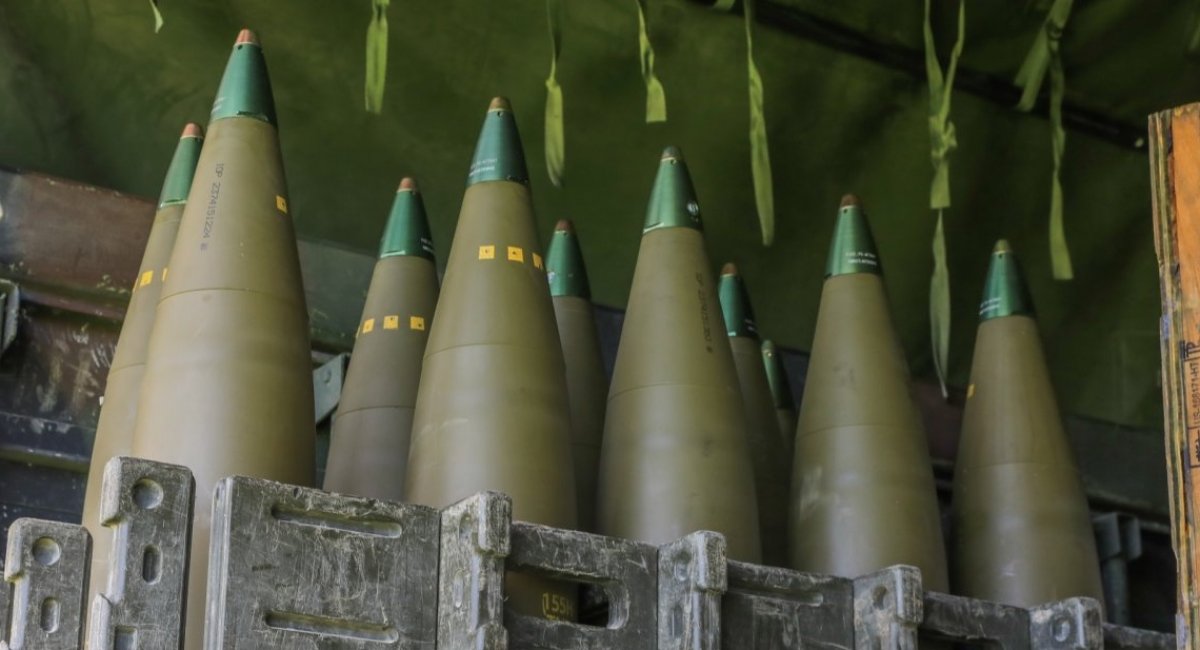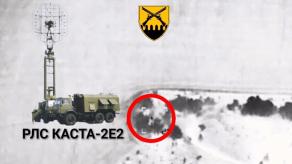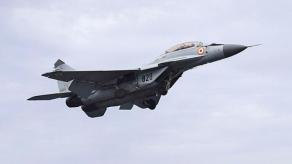Although significant efforts to ramp up artillery ammunition production — efforts that have cost billions of dollars — the U.S. has still not reached its planned output targets. As of June 2025, the total monthly production volume of 155mm artillery rounds stands at 40,000 units.
This was reported by John Reim, head of the U.S. Army’s Program Executive Office for Ammunition and Armaments, in an interview with Defense One. According to the Pentagon’s plans announced in February 2024, the target for April 2025 was set at 75,000 rounds per month, with a goal of reaching 100,000 by October 2025.
Read more: France Will Update its AWACS Fleet With Saab GlobalEye — an Opportunity For Ukraine to Get E-3F Sentry?
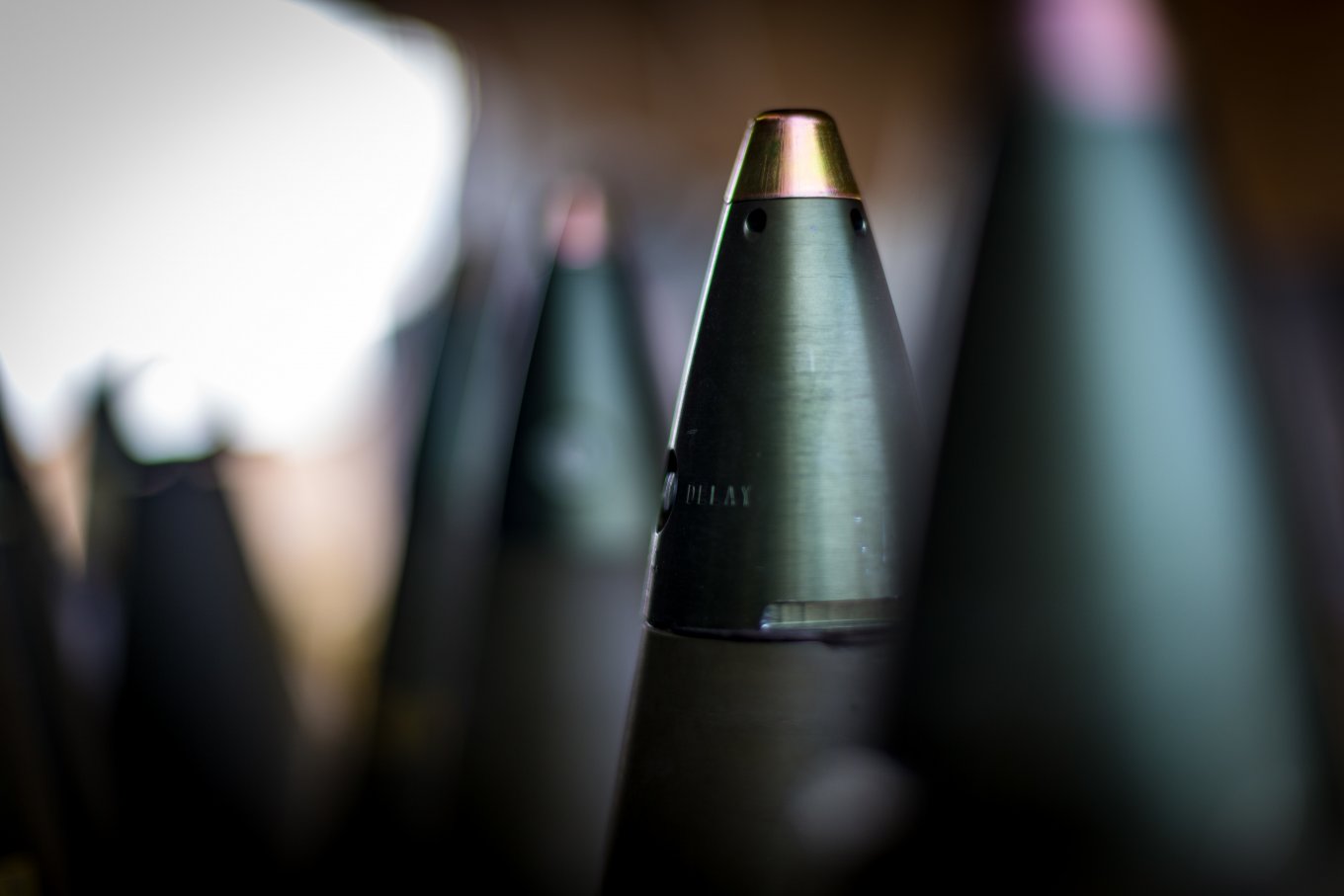
However, despite the current rate of 40,000 155mm rounds per month, the U.S. Army remains confident it will reach the target in early 2026. This means the U.S. will be able to produce more than 1 million 155mm artillery rounds only in 2026.
As Defense Express notes, it is crucial not to confuse a round with a projectile. The figure of 40,000 refers to the number of 155mm projectiles, a level the U.S. reached back in September 2024, according to a Pentagon report. However, a complete round also includes a propellant charge and a fuze.
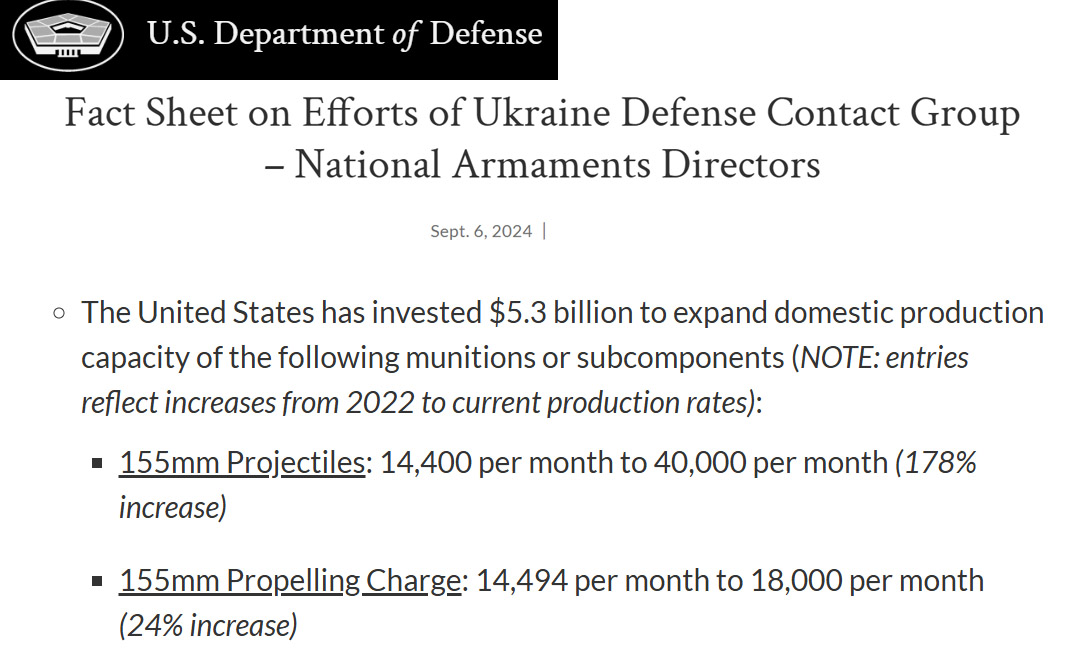
According to that report, while 40,000 projectiles were produced, only 18,000 charges (likely meaning full sets) were made. In other words, as of September 2024, the U.S. was effectively producing just 18,000 complete 155mm artillery rounds per month.
In the eight months since then, the U.S. defense industry has managed to double complete round production — a notable achievement. Still, the major gap in charge production compared to projectiles is due to a shortage of propellant and the fact that the U.S. had no domestic production.
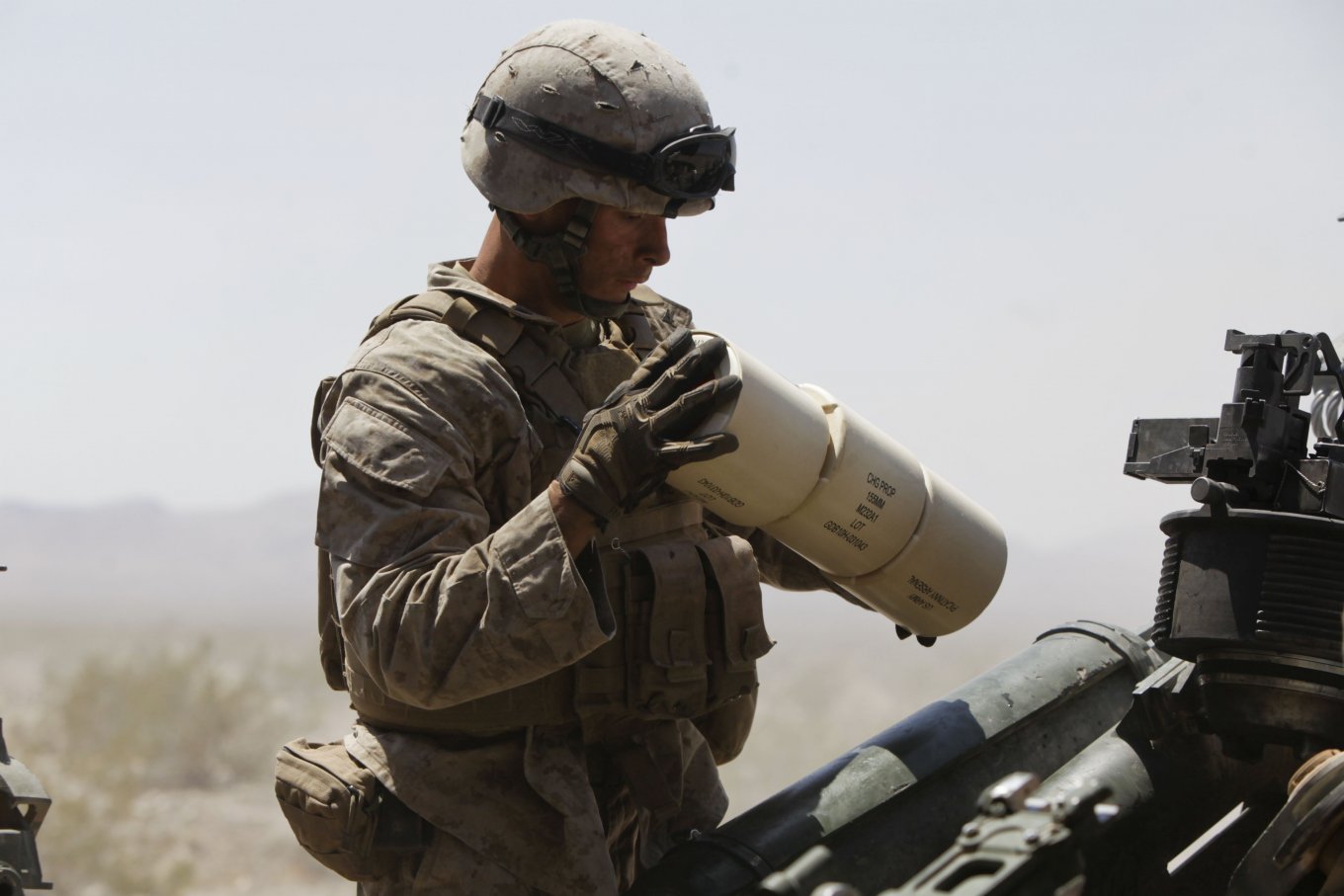
Currently, all U.S. artillery charges are manufactured at the Valleyfield facility near Montreal, Canada, which is owned by General Dynamics. However, production is being relocated to the U.S. at new American Ordnance plants in Middletown, Iowa, and Camden, Arkansas, where another General Dynamics facility will also be built.
In parallel with expanding shell body production and increasing the capacity for filling them with explosives — which remains a challenge, as 100,000 shells per month would require 66,000 tons of explosives, much of which is currently imported — these developments will enable the U.S. to eventually reach the target of producing 100,000 complete 155mm rounds per month.
Read more: How iran Got AWACS From Iraq and Why Those Jets Were Not Used Against Israel




